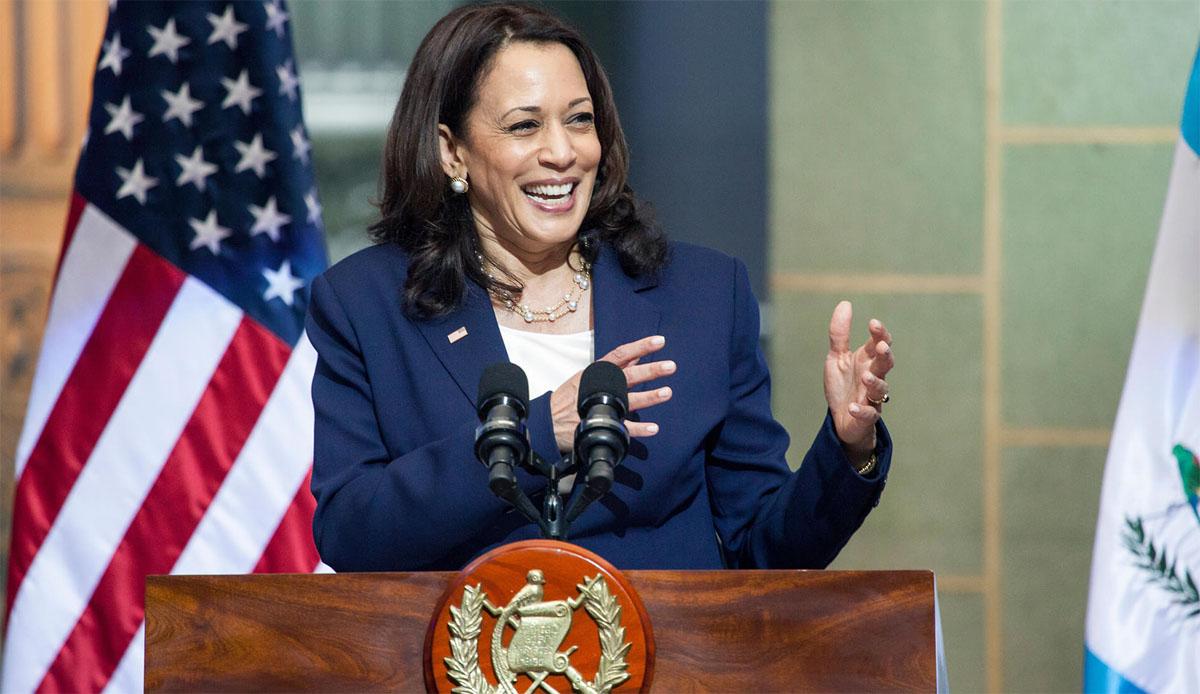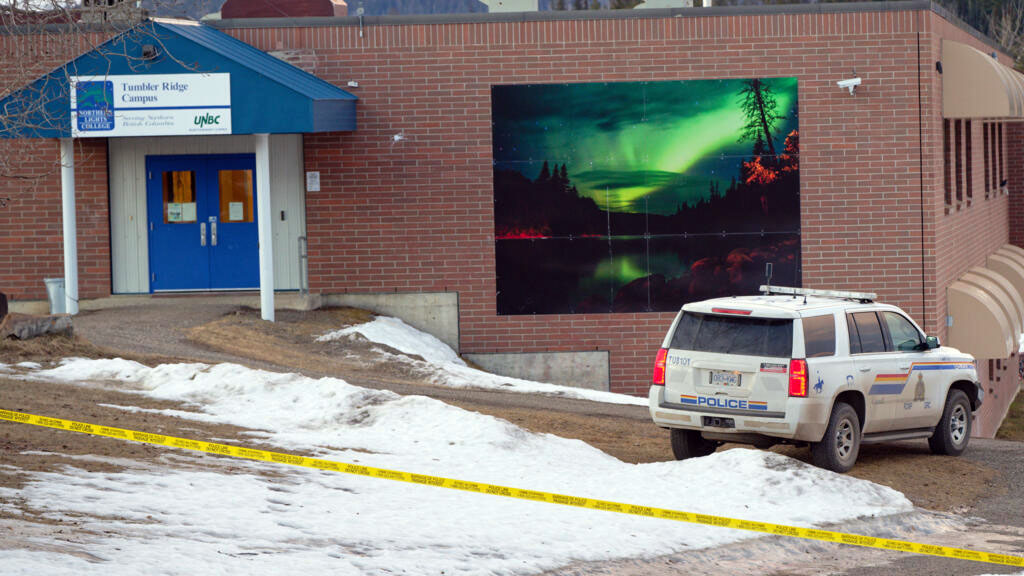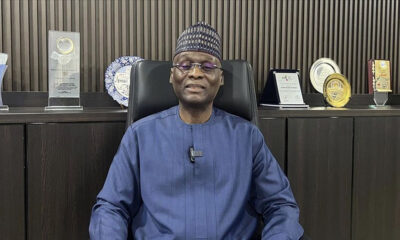“To put the onus on Arab Americans to vote for someone who’s directly contributing to the genocide of other people is outrageous,” Hamade said.

US Election: Michigan Muslims shun Harris over Mideast turmoil
Haunted by the daily violence ravaging the Middle East, Soujoud Hamade, a registered Democrat, felt compelled to back Green Party candidate Jill Stein in the US presidential election.
“It is very emotional,” the 32-year-old real estate lawyer told AFP after casting her ballot Tuesday at a school in Dearborn, the nation’s largest Arab-majority city, where voters could prove decisive in the key battleground of Michigan.
“Every time I watch the news or get on social media, I see my people being decimated, I see my home country being destroyed,” added the Lebanese-American, disillusioned by the Biden-Harris administration’s unwavering support for Israel.
Hamade says she’s clear-eyed about the two-way nature of the race between Democratic Vice President Kamala Harris and Republican former President Donald Trump.
Still, she insists her vote is far more than just a protest.
She’s banking on helping Stein crack five percent of the national popular vote, a threshold that would unlock future federal funding for the Green Party and “move the needle forward” toward breaking the two-party hold on US politics.
Dearborn, a Detroit suburb famous as the birthplace of Henry Ford and the home of Ford Motor Company’s headquarters, has a population of around 110,000, with 55 percent of residents claiming Middle Eastern or North African heritage.
The city overwhelmingly backed President Joe Biden in 2020, helping him narrowly flip Michigan blue.
But recent polling shows a shift away from the Democratic Party among Muslim and Arab-Americans.
That trend was evident in conversations with voters around the city on Election Day.
Stein, a Jewish physician and the Green Party’s perennial left-wing candidate is predicted to do well among Muslims, as well as progressives and youth voters nationwide — potentially acting as a spoiler for Harris.
“She’s the only one who’s anti-genocide,” said Muhammad Hijazi, a 28-year-old engineer who described himself as a “single-issue voter” who had previously voted Democrat but had now “lost faith.”
The Democrats, he argued, don’t have a plan to bring peace to the Middle East, and he doesn’t trust Trump to do any better.
Yet signs suggest Trump, too, may fare better than in past cycles. Unlike Harris, he visited Dearborn, addressing a modest-sized audience last week.
His outreach to Michigan’s Muslim community secured endorsements from the Muslim mayors of Hamtramck and Dearborn Heights, while his newfound connection to the community — through Lebanese-American son-in-law Michael Boulos, husband of Tiffany Trump — has further endeared him.
Harris’ decision to campaign with former Republican lawmaker Liz Cheney, a staunch supporter of the Iraq War, was the final straw for Dearborn Heights Mayor Bill Bazzi, he told Trump supporters at the former president’s final Michigan rally.
Charles Fawaz, a 29-year-old first-grade teacher of Lebanese descent who voted for Trump, told AFP he was impressed that the former president “showed up.”
“When Trump was president, everything was fine with our foreign policy because other leaders respected our country,” Fawaz said.
Even if Trump doesn’t deliver on Middle Eastern peace, he hopes Republicans will manage the economy better.
Former Democrats here say they know some liberals will blame them if Harris loses, but they reject the accusation.
“To put the onus on Arab Americans to vote for someone who’s directly contributing to the genocide of other people is outrageous,” Hamade said.

Trump Halts Minnesota Immigration Crackdown After Fatal Shootings, Protests
The Trump administration has officially halted Operation Metro Surge, a controversial immigration enforcement operation in Minnesota, following widespread protests, political backlash, and the deaths of two U.S. citizens. The decision was announced by Tom Homan, the U.S. “border czar,” who confirmed that President Donald Trump approved ending the monthslong crackdown.
Operation Metro Surge, launched in December 2025, focused on the Minneapolis–St. Paul metropolitan area, deploying nearly 3,000 federal immigration officers at its peak. The operation aimed to detain undocumented immigrants, which the Department of Homeland Security (DHS) described as targeting “criminal illegal aliens.” However, reports indicate that many detainees had no criminal records, including children and U.S. citizens, raising concerns about the operation’s scope and fairness.
The crackdown drew intense public opposition after anti-ICE protesters Renée Good and Alex Pretti were fatally shot during separate incidents in Minneapolis. The shootings intensified calls for accountability and prompted local and national criticism of federal enforcement tactics.
In a statement, Homan said, “I have proposed and President Trump has concurred that this surge operation conclude.” He noted that a drawdown of federal personnel had already begun, with a smaller contingent remaining temporarily to transition operations and coordinate with local authorities.
During the operation, DHS reported over 4,000 arrests, though critics highlighted the disproportionate impact on communities and families, emphasizing the humanitarian and civil liberties concerns arising from the surge.
Minnesota officials, including Governor Tim Walz and Minneapolis Mayor Jacob Frey, welcomed the decision, calling the operation an overreach that harmed communities and strained trust between law enforcement and residents. Civil rights groups also praised the halt but urged comprehensive immigration reforms to prevent future abuses.
The end of Operation Metro Surge marks a significant development in the national debate over immigration enforcement, sanctuary policies, and federal authority, highlighting the challenge of balancing border security with human rights and community safety.

Russia Escalates Digital Control with Attempted WhatsApp Block
WhatsApp has accused the Russian government of trying to completely block its messaging service in the country, a move aimed at steering users toward the state-backed app MAX. The Meta-owned platform said the effort, reported on February 12, 2026, threatens over 100 million users and undermines private, encrypted communication in Russia.
In a statement, WhatsApp said: “Today the Russian government attempted to fully block WhatsApp in an effort to drive people to a state-owned surveillance app. Trying to isolate over 100 million users from private and secure communication … can only lead to less safety for people in Russia. We continue to do everything we can to keep users connected.”
READ ALSO:
The attempt is part of a broader crackdown on foreign tech platforms in Russia. Authorities have previously restricted access to Facebook, Instagram, and targeted other services like Telegram. Reports indicate that Roskomnadzor, Russia’s communications regulator, removed WhatsApp from its national internet directory, forcing users to rely on VPNs to access the platform. Critics warn that such measures are designed to expand state surveillance and control over digital communication.
The government is actively promoting MAX, a domestic “super-app” similar to China’s WeChat, which combines messaging with other services. Rights advocates caution that the push toward MAX could compromise privacy protections that platforms like WhatsApp provide. Meanwhile, Kremlin officials have indicated that WhatsApp and other restricted apps could be restored if Meta complies with local data storage and regulatory laws.
WhatsApp’s statement emphasizes that the company will continue to work to keep its service accessible where possible, but the attempted block highlights Russia’s ongoing effort to enforce digital sovereignty and shift users toward state-controlled technology platforms.

Tumbler Ridge Massacre: Canada Investigates Shooter’s Mental Health, Police History
Canadian authorities are intensifying investigations into the mental health history and prior police interactions of Jesse Van Rootselaar, the 18-year-old who carried out a deadly mass shooting in the remote mining town of Tumbler Ridge, British Columbia, on February 10, 2026. The tragedy has left the small community in mourning and raised national questions about gun control, mental health support, and law enforcement interventions.
According to RCMP Deputy Commissioner Dwayne McDonald, authorities are still unclear on the motive behind the attack, which is one of the deadliest school shootings in Canadian history. Van Rootselaar, a transgender woman who had dropped out of Tumbler Ridge Secondary School four years ago, first killed her mother and stepbrother before opening fire at the school, where she shot six more victims. The shooter later took her own life at the scene.
Investigators have confirmed that Van Rootselaar was known to police and had previous interactions with the public health system due to mental health concerns. Authorities are reviewing prior incidents, including earlier firearms seizures and her lapsed gun licence, to understand how warning signs were addressed before the massacre. British Columbia Premier David Eby said officials are working with the health system to determine “what interactions may have taken place” in the past.
READ ALSO:
The victims include a 39-year-old female teacher and five students aged 12 and 13, with one child, 12-year-old Maya Gebala, in critical condition after trying to lock herself and classmates in a library during the attack. First responders arrived within minutes, but the scale of the violence left the tight-knit community of about 2,700 residents reeling. Hundreds gathered for a candlelight vigil to honour those killed and injured.
Prime Minister Mark Carney addressed parliament, describing Tumbler Ridge as a resilient, compassionate community of miners, teachers, and construction workers, and emphasised the need to learn from the tragedy. Flags across Canada have been lowered to half-staff for seven days in remembrance of the victims. Britain’s King Charles and Queen Camilla also expressed shock and sorrow over the massacre.
Schools in the area will remain closed for the remainder of the week as authorities continue their investigation into Van Rootselaar’s mental health background, police interactions, and access to firearms, seeking to understand how similar tragedies can be prevented in the future.


IKEDC Sets Feb 20 Deadline for Customers to Submit Valid IDs or Face Disconnection


Supreme Court Affirms Muslim Students’ Right to Worship at Rivers State University


Lagos Police Launch Manhunt for Suspect in Brutal Ajah Murder


Aso Rock Goes Solar as Tinubu Orders National Grid Disconnection


Naira Could Trade Below ₦1,000/$ With Dangote Refinery at Full Capacity — Otedola


Army University Professor Dies in Boko Haram Captivity After Nearly One Year


Trump Halts Minnesota Immigration Crackdown After Fatal Shootings, Protests


Tinubu Nominates Ismail Abba Yusuf as NAHCON Chairman, Seeks Senate Confirmation